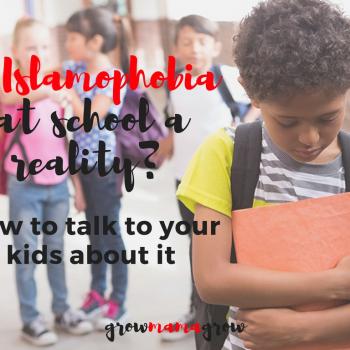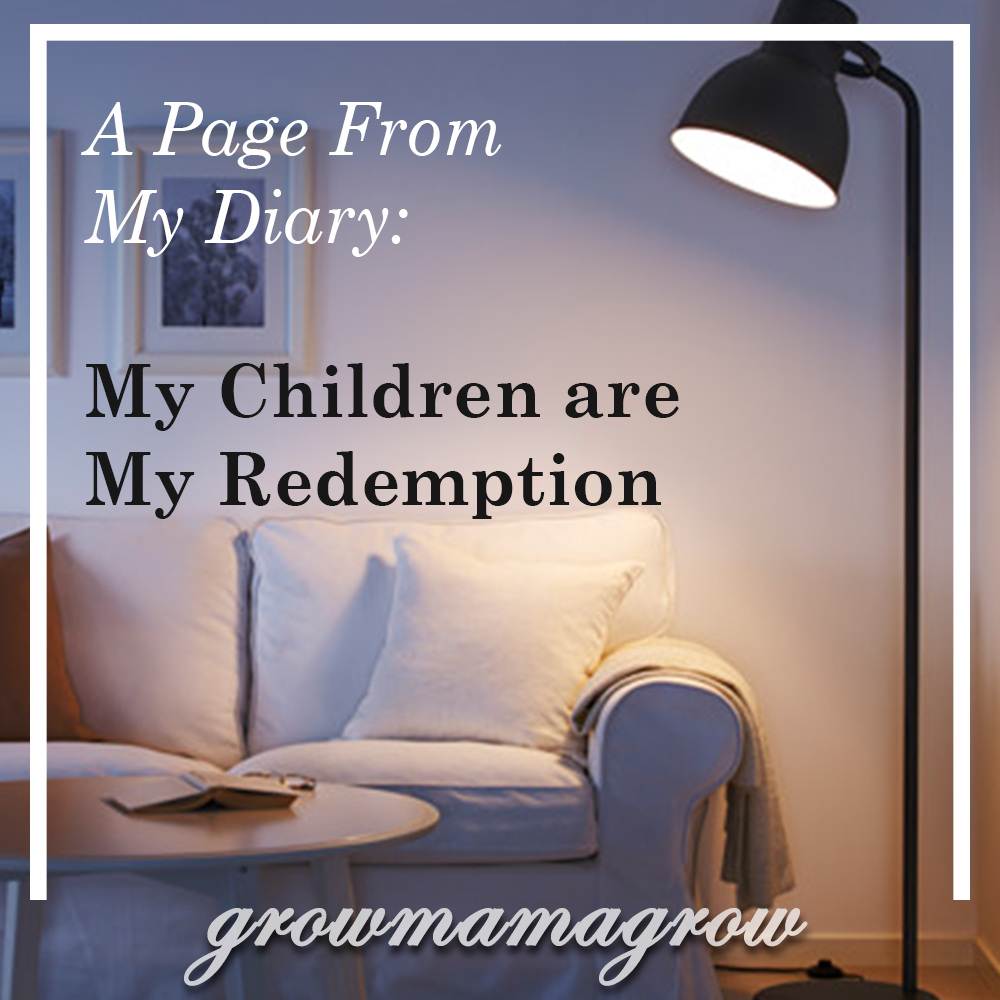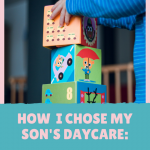 As I sit down to write my thoughts and reflections, I pause to think, where should this story begin and how should it be told. It is an accumulation of 9 years of emotions and confusion, actions and experiences, reflection and clarity, and acceptance with perspective. It’s a simple story of this chapter of my life as a married woman expecting that the next chapter would be as a mother with children. I waited month after month and year after year for this chapter to arrive. In essence, my story affirms the idea that we may plan, but God is the best of planners. It is a story that is still being lived out and only God knows what the future holds.
As I sit down to write my thoughts and reflections, I pause to think, where should this story begin and how should it be told. It is an accumulation of 9 years of emotions and confusion, actions and experiences, reflection and clarity, and acceptance with perspective. It’s a simple story of this chapter of my life as a married woman expecting that the next chapter would be as a mother with children. I waited month after month and year after year for this chapter to arrive. In essence, my story affirms the idea that we may plan, but God is the best of planners. It is a story that is still being lived out and only God knows what the future holds.
Family, friends and random people along the way can be a curious bunch and may have questions. Do you have kids? How many kids do you have? How long have you been married? What are you waiting for? However innocuously worded, these questions raise a slew of emotions for someone like me — a woman dealing with infertility. Who knew a simple answer of ‘no’ would bring with it such a wave of insecurities and single-handedly ruin my day. In the early years, these questions were like darts to the heart and would dampen dinner parties or events and even led to avoidance of social gatherings altogether.
If I could say one thing to all those people along the way it is this: have some sensitivity to those married women without kids. Be cognizant that the woman you are engaging with may be struggling with infertility. Feelings of helplessness can be overwhelming. Therefore,it is important to be compassionate and considerate. And to think twice before following up with “Oh, what are you waiting for?” or “You’re so lucky you don’t have kids” or “Enjoy life while you can.”
Part of the challenge of being in social gatherings with other women is that the topic so often is about kids and child rearing. I learned over time not to feel so alienated by these conversations, and that just listening to another’s experiences is good and wholesome. And to those mothers who are interacting with women without kids, I would advise to try to keep conversations tempered with other interesting topics as well, so that everyone can contribute in some way.
Another essential point I would like to convey is that although I may not have kids, it doesn’t mean that I don’t want to be around kids or that I don’t know how to handle kids. When mothers are busy running back and forth with their kids, it can feel very lonely to have nothing to do. So, unless stated otherwise, please know that we like to hold your baby, and it’s ok if they cry or kick or drool on us. We like to play and talk with your kids, it isn’t a burden.
Infertility and Faith: Putting Things in Perspective
When I used to read certain Qur’anic passages, hadiths, orhear affirmations about the high station of mothers, such as “paradise is beneath the feet of mothers,” it used to make me feel sad since I knew that I would not be able to fulfill this role. It often left me feeling confused, and asking the question, “Why me?” But, at the same time, I tried not to forget that just because I wasn’t able to fully live through those teachings on being a mother, I could still appreciate its beauty and importance when I saw my own mom or my friends with kids.
I’ve reflected on the wives of the Prophet Muhammad (S), of which only one (his first wife, Khadija) bore children who lived past the age of 2. Otherwise, his wives were all childless during their married lives with the Prophet (s). It was very comforting to know that my situation was not a unique one, but that this was an experience lived by most of the Prophet’s wives as well. I drew great inspiration and solace from knowing that although some of them may not have had children, the Qur’an gave these pious women the lofty title of “Mother of the Believers” because they had lived lives of virtue and contributed to their communities through social service and scholarship.
What gave me perspective on my situation was understanding that what we are given and what we are deprived of are both tests from Allah. I don’t know Allah’s greater plan, but I have to trust that Allah is the best of planners and it is Allah who is in control. And through it all, I have to remind myself of the blessings that are present in my life and to be grateful for Allah’s many gifts.
May Allah make us all compassionate, loving, and kind human beings who are gentle with each other and treat others as we would like to be treated.
The article in its entirety can be found at: https://arsheperspective.
Arshe Ahmed
Arshe is an affiliate program coordinator for the Princeton Muslim Life Program (MLP). Over the past 10 years, she has been involved with campus life at different universities. She is on the Organizing Committee for the Mizaan Retreat, a family camp hosted by the Princeton MLP. Arshe grew up in Brooklyn, NY and currently lives in central NJ. She is married to Sohaib Sultan, Muslim Chaplain at Princeton University. Arshe can be reached at [email protected] and her fleeting musings can be found on Twitter: @arshe2020.











